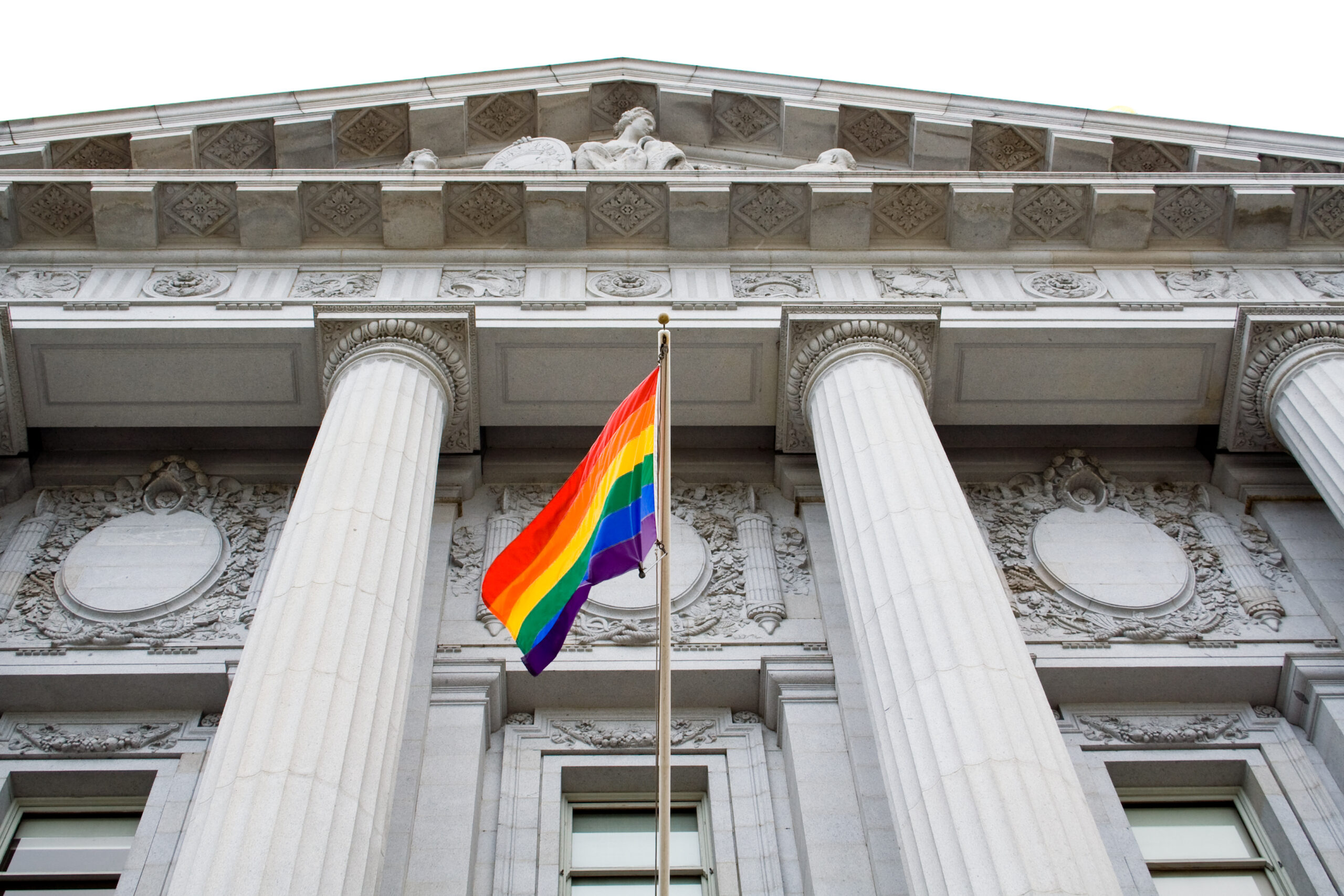This is the second of two posts discussing the judgment of the European Court of Human Rights (“ECtHR”) in Bayev & Others v Russia, in which the Strasbourg Court ruled that the Russian state had violated the European Convention on Human Rights (“Convention”) via laws prohibiting the promotion of homosexuality among minors. The previous post summarises the background and outcome, with this post focusing on the wider legal and political implications.
Impact in Russia
On the face of things, this is a judgment to be celebrated. The ECtHR has declared in no uncertain terms that laws seeking to suppress messaging regarding homosexuality are unlawful.
But what does this mean in practice?
As a matter of international law, Russia is bound by the ECtHR’s judgment. Article 46(1) of the Convention provides:
The High Contracting Parties undertake to abide by the final judgment of the Court in any case to which they are parties.
Assuming, for argument’s sake, that the judgment becomes “final” (whether because Russia does not appeal or the Grand Chamber upholds the judgment on appeal), what happens next?
Historically, Russia has a reputation for coming bottom of the class when it comes to the implementing ECtHR judgments (and indeed in terms of the number of Convention violations). Things took a turn for the worse in 2015, when Russia promulgated a law empowering its Constitutional Court to declare ECtHR judgments “non-executable” if deemed (by the Court) to conflict with the Constitution (in which case no steps toward implementation can be taken unless the Constitution itself is amended). That law was largely understood to be a response to the ECtHR’s judgment in the Yukos litigation, in which Russia was ordered to pay damages of nearly two billion Euros in just satisfaction.
The power was first exercised in April 2016 in response to the ECtHR’s judgment in Anchugov and Gladkov v Russia, in which the Court declared unlawful the State’s blanket ban on prisoner voting. Then, in January 2017, the Constitutional Court ruled that the Yukos judgment was also non-executable.
It is a well known principle of ECtHR jurisprudence that Convention rights must be practical and effective – and not illusory. But the effective veto power of the Russian Constitutional Court risks rendering individuals’ rights exactly that: illusory and devoid of any real meaning. Any optimism about the future of LGBT rights in Russia – and the ability to campaign for them – may well be dampened by the prospect of intervention by the Constitutional Court.
Wider implications
The prospect of any Convention party defying ECtHR judgments raises bigger issues on the international and domestic planes.
First, Russia’s stance draws into sharp focus the increasing potential for conflict between the domestic and international legal orders. As noted above, the Convention explicitly requires Russia to abide by the ECtHR’s judgments, yet domestic law empowers the Russian Court to override that obligation. This arguably gives rise to a further breach of international law in article 27 of the Vienna Convention on the Law of Treaties, which prohibits a state from:
invoke[ing] the provisions of its internal law as justification for its failure to perform a treaty.
This, in turn, raises a second question. What, if anything, will the other 46 Convention states do in response to current and future instances of non-implementation? Will the Committee of Ministers of the Council of Europe (the body that oversees the enforcement of judgments) refer the matter back to the ECtHR (as article 46(4) empowers it to do) for a decision as to whether Russia has failed to comply with a final judgment? And if that happened, what would be the ultimate result? If Russia failed to comply with any subsequent judgment and further measures imposed by the Committee, would the Council of Europe seek to invoke the “nuclear option” of expelling Russia from the Convention? It is difficult to see how this would improve the situation.
Thirdly and above all, the power of a domestic court to override ECtHR judgments has very serious implications for the rule of law. Those concerns are particularly notable in this context. Unlike in the UK, where the Government has to date (and largely as a result of the political climate) failed to abide by the prisoner voting judgments against it (see, among others, the Hirst case), Russia’s defiance of the Convention has been structurally entrenched via amendments to the domestic legal order. The stance of the UK Government calls into question both its authority to push Russia and other Convention states to comply with international law, and therefore also its credibility when it comes to advocating for LGBT rights and equality before the law.
Russia’s stance may thus also impact the rule of law – and governments’ positions on it – elsewhere. For example, will Russia’s position on non-implementation embolden the UK Government to continue to defy the prisoner voting judgments? If so, we are faced with the troubling prospect of the weakening of the international legal order, including the Convention. Such domestic defiance puts at risk the protections that have been established by the Convention over the last seven decades.




